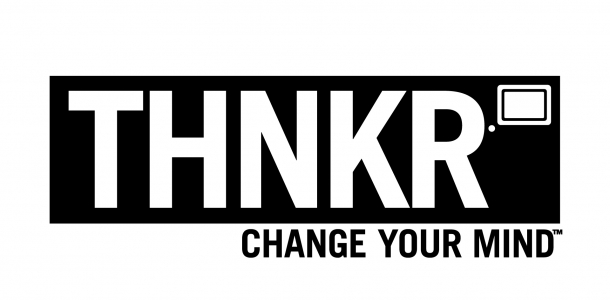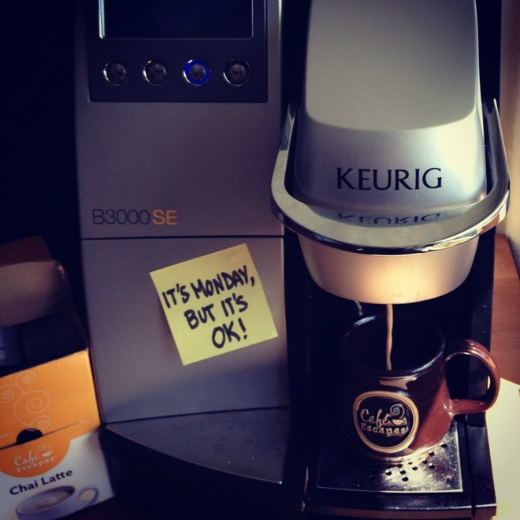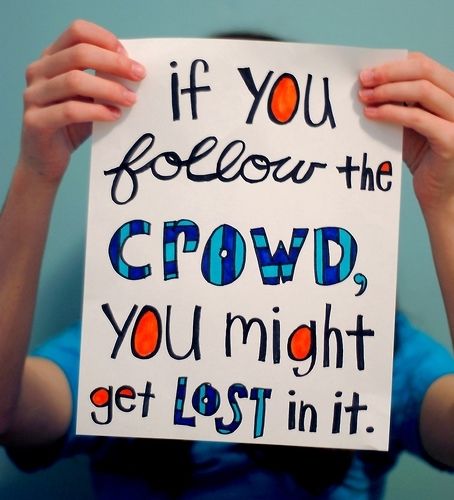Spot a Liar: The Tell Tale Signs
It’s better to trust than to live a paranoid existence. Relationships grounded in trust are prized. Little white lies, such as “You look good today” are often welcomed. However, you can be harmed by deceptions. If you are like most, this has already happened to you. If you think it is important to know what’s credible, questionable, or flatly dishonest, watch THNKR’s video on exposing liars.
Here are 10 questions you can ask yourself when doubting on a statement’s accuracy.
- 1. What do I know about the speaker’s truthfulness?
- 2. Is the statement consistent with reality?
- 3. Can I verify the statement?
- 4. What do I gain by accepting and acting on the statement?
- 5. What do I lose by accepting and acting on the statement?
- 6. What does the speaker gain if I bought into the statement?
- 7. What is exaggerated or downplayed in the statement?
- 8. Does the idea seem too good to be true?
- 9. Would I advise my best friend to accept the statement without a question of doubt?
- 10. What doesn’t compute? (Is something being said too emphatically or in some strange way?)








